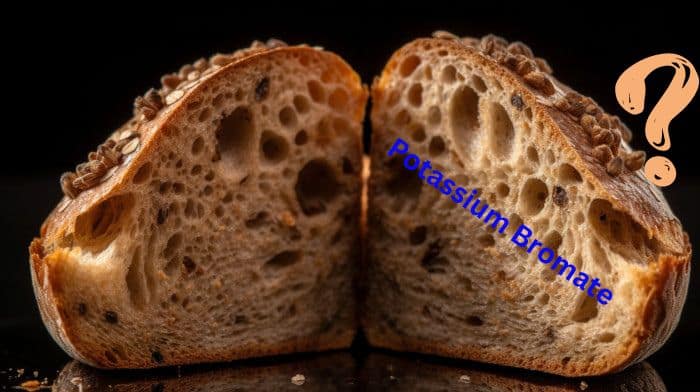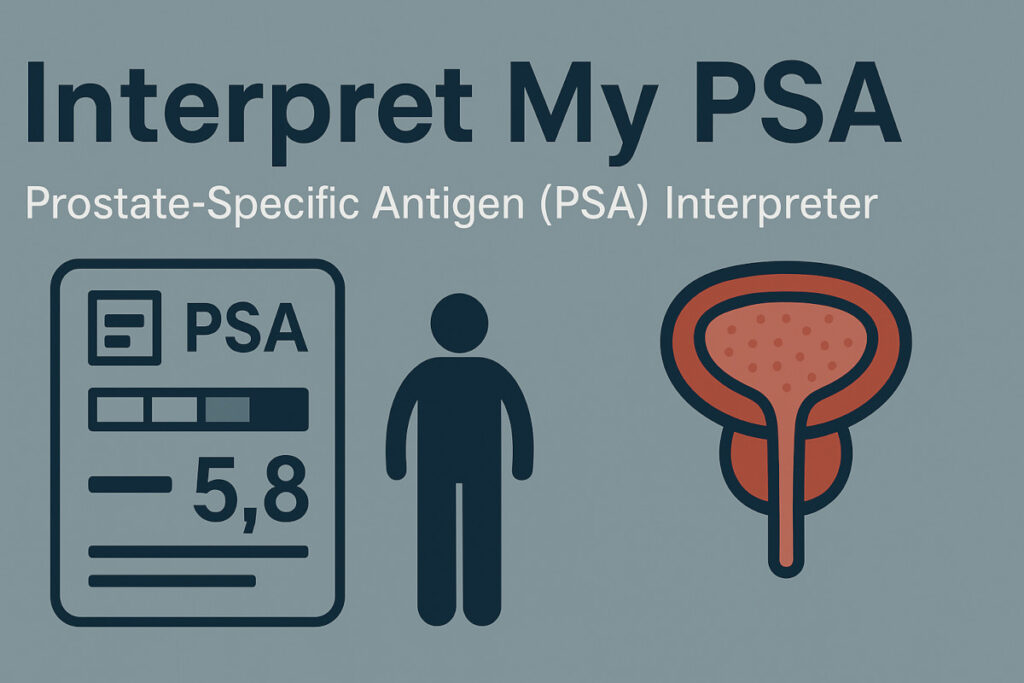Last Updated on July 7, 2024 by Max
Zinc – a Master Element to Optimize Testosterone in Men
Zinc (Zn) is humans’ most abundant trace metal after iron. It cannot be deposited in the body, the extra Zn is excreted together with sweat and other discharges. Therefore, regular dietary intake of the mineral is required. The human body contains 2–4 grams of Zn; most of it (nearly 90%) is found in muscles and bones, with the highest concentrations in the prostate and semen.
Zn is the key element in the male reproduction system determining prostate gland function and growth of reproductive organs. Zinc is a component of over 300 enzymes and 1000 transcription factors and is involved in almost all physiological functions of our body: growth, immune response, reproduction, DNA synthesis, expression of genes, and cell division. Here we will focus on how Zn stimulates testosterone production and thereby defines the reproductive health in men.
T-boosters: can we trust the sellers’ claims and product reviews?
Clinical Research Backs Up the Benefits of Zinc Supplementation
Zn deficiency leads to a lowered testis volume and weight, gonadal dysfunction, poor development of secondary sex characteristics, and infertility in males. We know that all this happens due to low serum testosterone levels, showing that a lack of Zn in the body has the same effects as a shortage of testosterone.
Back in 1992, Hunt C.D. and colleagues noticed that low Zinc levels have a negative effect on serum testosterone concentration. Young volunteers, who consumed 10.4 mg Zn/d for 35 days, showed increased semen volume by 32% and serum testosterone concentrations by 19% compared with those who were consuming 1.4 mg Zn/d.
Severe and moderate zinc deficiency is associated with hypogonadism in men, but the marginal deficiency often observed in men with age is overlooked. Prasad A S et al. (1997) found that Zn supplementation of marginally zinc-deficient normal elderly men for six months resulted in a doubling of serum testosterone from 8.3 +/- 6.3 to 16.0 +/- 4.4 nmol/L (p = 0.02). So, Zn may play an important role in modulating serum testosterone levels in normal men.
Zn is a marker of prostatic function. Deng C.H. et al. (2005) showed that Zn supplementation might be an efficient strategy for the treatment of infertile males with chronic prostatitis. Zn concentration in the semen and sperm quality was markedly improved in the patients who had received zinc compared to those who had not.
Thus, zinc stimulates testosterone synthesis in the background of mineral deficiency. However, if you already have a balance of Zn in your body, extra Zn supplementation will probably not have any testosterone-boosting effect. On the contrary, too much Zn may cause imbalances in Zn-dependant biological molecules and have negative health consequences.
How Does Zinc Affect Testosterone Synthesis?
In the testes, large amounts of zinc are concentrated in Leydig cells; it is in these cells that testosterone is synthesized. There is much evidence that Zn depletion damages Leydig cells and hence lowers their density in the testis due to oxidative stress. As a result, testosterone production in the testes is affected.
5α-reductase is an enzyme necessary for the conversion of testosterone into a more potent form, 5α-dihydrotestosterone, which binds to the androgen receptors more readily than testosterone. The available research data are ambiguous regarding the effect of Zn on the 5α-reductase. The generally accepted point of the inhibitory role of Zn on 5α-reductase activity is grounded just on the results of one in vitro study. Stamatiadis D. et al. (1988) showed that when added at concentrations of 3 or 9 mmol/1, Zn was capable of inhibiting 5α‐reductase activity in human skin. At high concentrations, zinc could completely inhibit the enzyme activity.
In men, elevated 5AR activity is associated with obesity, age-related overgrowth of the prostate, and premature baldness. For the treatment of prostate conditions and hormone-related baldness, inhibitors of 5AR finasteride (Proscar®, Propecia®) and dutasteride (Avodart®) are prescribed the most. Supplements containing Saw Palmetto extract are the most popular over-the-counter remedies, with the same 5AR inhibitory effect. But here, one must understand that over-inhibition of 5α-reductase lowers the DHT synthesis, resulting in elevated testosterone levels. The consequent aromatization of testosterone to estradiol may cause breast enlargement, impotence, decreased libido, and decreased ejaculate volume- the known side effects of 5AR inhibitor drugs.
So, you might be asking, does Zn really inhibit 5AR in vivo?
Netter, A. et al. (1981) reported interesting results from a human study demonstrating an activation effect of zinc therapy on plasma dihydrotestosterone. In this research, 37 patients with more than five years of infertility were divided into two groups. In the first group (22 patients with testosterone less than 4.8 ng/ml), Zn supplementation significantly elevated testosterone, DHT, and sperm number significantly. Nine wives became pregnant. In the second group (15 patients, testosterone greater than 4.8 ng/ml), Zn administration did not change the testosterone levels and sperm count, while DHT increased significantly.
While the results of the first group are expected, the results of the second group show a stimulatory role of zinc in the 5α-reductase activity and contradict the results of the in vitro study presented earlier.
Zn deficiency also affects the normal functioning of the hypothalamus-pituitary-gonadal axis, lowers the function of the luteinizing hormone receptor, and lessens steroid synthesis. The HPG axis is the principal hormonal network of the body regulating testosterone production. Moreover, Zn reduces the harmful consequences of heat stress, heavy metals, and fluoride.
Zn supports proper thyroid functioning by producing thyroid-releasing hormones in the brain. That can also affect testosterone levels.
Mehmet Kilic and colleagues (2006) studied resting and exhaustion levels of thyroid hormones and total and free testosterone in professional wrestlers before and after Zn supplementation ((3 mg/kg/day) for four weeks). The study showed that exhaustion workouts significantly diminished both thyroid hormones and testosterone activities, but 4-week zinc supplementation may prevent this inhibition in wrestlers.
Later (2007), Mehmet Kilic got similar results on sedentary males after exhaustion from bicycle exercise. The Zn supplementation dosage and its duration were as in the previous study. The results showed that supplementing a physiologic dose of zinc can benefit performance in athletes and sedentary individuals. Improvements in free-testosterone levels in both studies may indicate the inhibition effect of Zn on sex hormone-binding globulin.
Zinc deficiency has also been associated with increased expression of estrogen receptors. The enzyme aromatase converts testosterone to estrogen, and zinc decreases aromatase activity, so preventing the excessive conversion of testosterone to estrogen.
The evidence presented above shows no doubt that Zn does increase testosterone levels, at least in those deficient in Zn. Zn supplementation proved to boost testosterone levels in young and elderly men depleted in Zn, alleviate hormonal imbalances associated with exhausting workouts in both professional athletes and sedentary people, and may be an efficient strategy to treat infertility of hormonal etiology.
How Much Zinc Can You Take?
The Recommended Dietary Allowances (RDAs) for zinc are 8 and 11 mg/day for women and men, respectively. For zinc labeling purposes, 100% of the Daily Value is accepted to be 11 mg. The safe upper limit in the United States is deemed to be 40 mg, and in the European Union – 25 mg. Please note that some companies make zinc tablets well above the recommended daily dosage. For instance, zinc 50 mg tablets of GNC.
If you are involved in daily exhausting exercises, you may need to increase your daily dosing to compensate for the elevated loss of Zn. Since too much zinc depletes copper, do not forget to supplement with copper too. Take them at a 10:1 ratio.
Conclusion
Zinc is a master element in natural testosterone optimization, and every man should be aware of it. If you feel testosterone deficiency signs, which we talked about earlier, start first optimizing your microelements, and Zn may prove the key element that will make a difference.
Consult your doctor before you take any supplement.

References
- Colagar AH, Marzony ET, Chaichi MJ. Zinc levels in seminal plasma are associated with sperm quality in fertile and infertile men. Nutr Res. 2009 Feb; 29(2):82-8.
- Prasad AS. Discovery of human zinc deficiency: its impact on human health and disease. Adv Nutr. 2013 Mar 1; 4(2):176-90.
- Hunt CD, Johnson PE, Herbel J, Mullen LK. Effects of dietary zinc depletion on seminal volume and zinc loss, serum testosterone concentrations, and sperm morphology in young men. Am J Clin Nutr. 1992 Jul; 56(1):148-57.
- Ali H, Ahmed M, Baig M, Ali M. Relationship of zinc concentrations in blood and seminal plasma with various semen parameters in infertile subjects. Pak J Med Sci. 2007;23(1):111–4.
- Croxford TP, McCormick NH, Kelleher SL. Moderate zinc deficiency reduces testicular Zip6 and Zip10 abundance and impairs spermatogenesis in mice. J Nutr. 2011 Mar; 141(3):359-65.
- Deng CH, Zheng B, She SF. A clinical study of biological zinc for the treatment of male infertility with chronic prostatitis. Zhonghua Nan Ke Xue. 2005 Feb; 11(2):127-9.
- Mehmet Kilic et al. The effect of exhaustion exercise on thyroid hormones and testosterone levels of elite athletes receiving oral zinc. Neuro Endocrinol Lett Feb-Apr 2006; 27(1-2):247-52.
- Mehmet Kilic. Effect of fatiguing bicycle exercise on thyroid hormone and testosterone levels in sedentary males supplemented with oral zinc. Neuro Endocrinol Lett. 2007 Oct;28(5):681-5.
- Prasad A S et al. Zinc status and serum testosterone levels of healthy adults. Nutrition. 1996 May;12(5):344-8.
- Stamatiadis D, Bulteau-Portois MC, Mowszowicz I (November 1988). “Inhibition of 5 alpha-reductase activity in human skin by zinc and azelaic acid”. The British Journal of Dermatology. 119 (5): 627–32.
- Netter, A et al. Effect of zinc administration on plasma testosterone, dihydrotestosterone, and sperm count. Arch Androl. 1981 Aug;7(1):69-73.








Zinc is a very important compound in men and women.
A very important article I will share it on HIGs there are more men arriving on the page and I have missed you my friend always a better way
Thank you, Linda, for sharing the post. Hope you are doing well. Have a great weekend.
A couple of years ago my husband and I finally had a blood test. We had never thought of it before, but got anxious because of the bad development of prostate cancer a friend has.
Now we are used to have a yearly test and I hate it that at the moment over here in Spain it is just not possible to get tested! Every resource is for the virus only and all other health questions are put on hold.
I had a look at my old lab results, but there is no zinc on it. Do you have any idea if that can be part of a blood test? Because if so, I am going to ask for it next time. 🙂
Hi Hannie
Thank you for your question. I’m not sure that the blood zinc level is a diagnostic indicator for prostate conditions, so it is not included in the list of blood tests. But given the enormous importance of zinc for prostate health and steroid hormone balance, it is highly desirable to know the level of zinc in the blood. And if you find a deficiency, then normalize it by taking some supplements or including zinc-rich foods in your diet.
Best regards
Max.